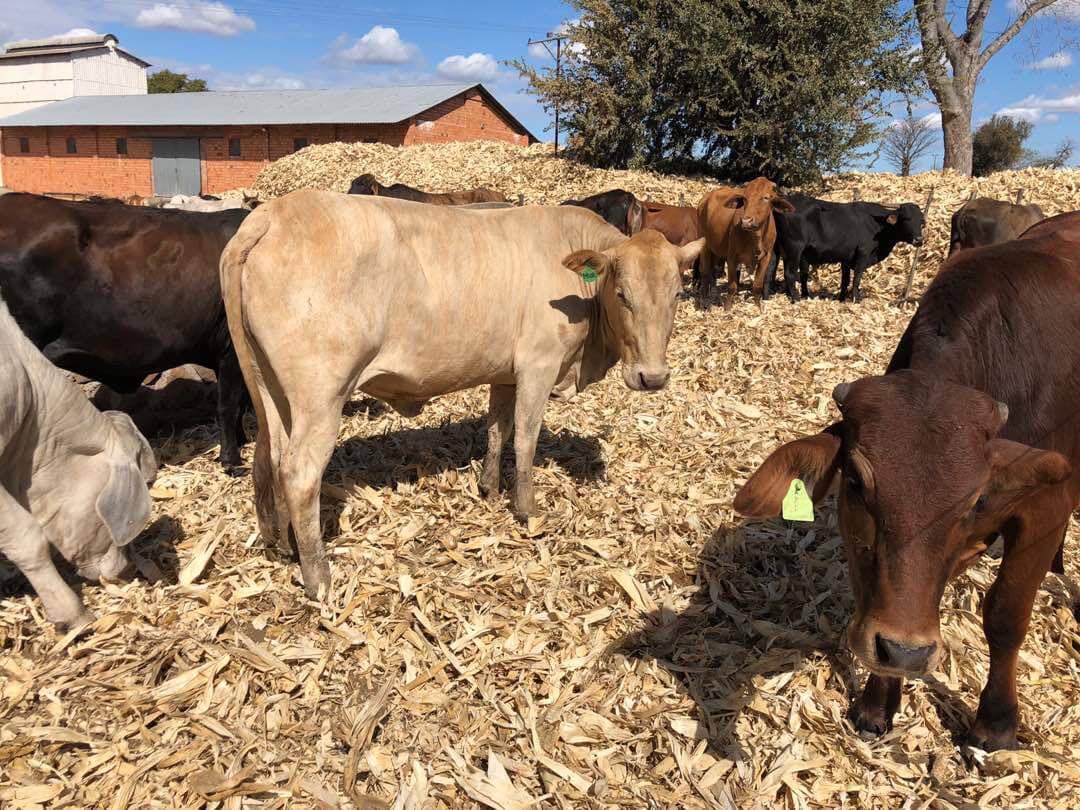by Rudo Saungweme
In a move to make command livestock programme a success, the Department of Livestock and Veterinary Services (DLVS) is urging farmers to dip their cattle to avoid the tick borne disease called Theileriosis that usually attack cattle during the December to March rainy season, Harare Post has learnt.
One Agricultural Officer who refused to be named said, “Farmers need to be educated on the dangers of not dipping cattle. Theileriosis which is referred by many as January disease needs to be dealt with to avoid loss of cattle.
“In order to make command livestock a success, beef ranching farmers need to dip their cattle so as to avoid loss of cattle. It is not the duty of the Government only but every farmer to take part in containing Theileriosis as well as foot and mouth disease.”
“The major challenges are irregular dipping, most dip tanks are not weekly dipping as recommended and this is because some of the farmers are not cooperating. Some prefer conducting the operation themselves, but may do it in the wrong way and this is not effective in controlling ticks,” he said.
Government has intensified awareness campaigns in areas that are usually affected by the disease which include Goromonzi, Bindura, Chegutu and Chivhu. The Department of Livestock and Veterinary Services indicated that the department has since deployed teams to assess the situation and educate farmers on preventive measures.
The disease is spread through the bite of the brown ear tick. The affected animal usually collapses and die within few days. January disease is a notifiable disease in Zimbabwe and suspected farmers are compelled by the law to report to the Division of Veterinary Services.




